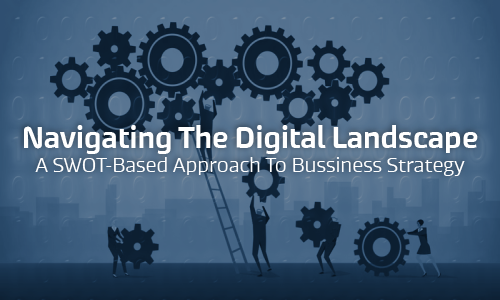
Summary: Islamic digital banking has experienced significant growth as consumers seek Shariah-compliant financial services that align with their ethical and religious beliefs. However, customer awareness and understanding of these services vary, with many users familiar only with basic banking products while lacking knowledge of the full range of offerings. Survey data indicates that most customers recognize and acknowledge Islamic digital banking services, though a portion remains neutral or unaware due to inconsistent Shariah interpretations, limited educational resources, and operational challenges faced by financial institutions. To bridge this knowledge gap, banks are employing strategies such as marketing campaigns, financial literacy programs, collaboration with scholars, and user-friendly digital platforms to enhance awareness and trust. Ensuring widespread understanding is essential for increasing adoption, improving transparency, and fostering confidence in the Islamic digital banking industry, ultimately contributing to its long-term growth and success.Top of FormBottom of Form
Islamic digital banking has been growing significantly as consumers seek financial services that align with their religious and ethical beliefs. The success of Shariah-compliant banking depends not only on the availability of these services but also on the level of customer awareness and understanding. This article explores the extent to which customers are aware of Islamic banking products and services in the digital age, using insights from a graphical representation of customer responses. Islamic digital banking refers to financial services that adhere to Shariah principles, avoiding interest (riba), uncertainty (gharar), and unethical investments. Instead, they emphasize profit-sharing, ethical finance, and risk-sharing mechanisms. Digital banking platforms offer these services through online portals and mobile applications, making them more accessible to the public.
Customer awareness and understanding of Islamic digital banking products remain varied. A significant portion of the Muslim population expresses interest in Shariah-compliant financial services, many are not fully informed about the specific products and services available. For example, research in Bangladesh revealed that most Islamic banking customers are between 25 and 35 years old, highly educated, and maintain a durable relationship with their bank, yet their knowledge is often limited to basic account services rather than the full spectrum of financing products.
The challenges in enhancing customer awareness are multifaceted. One significant issue is the…












